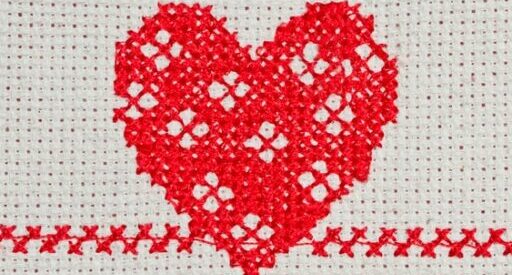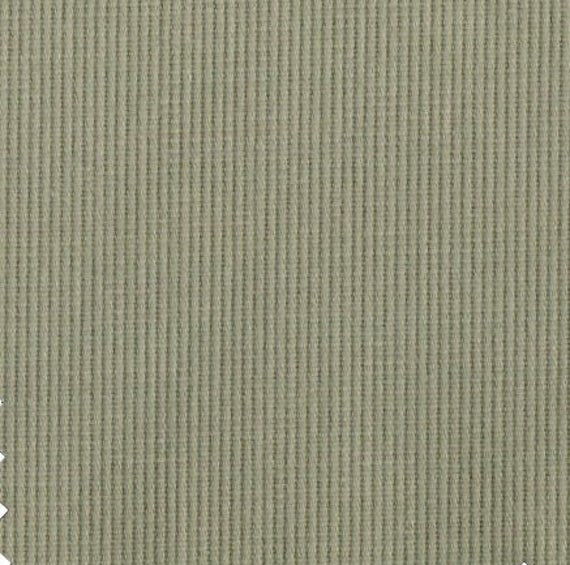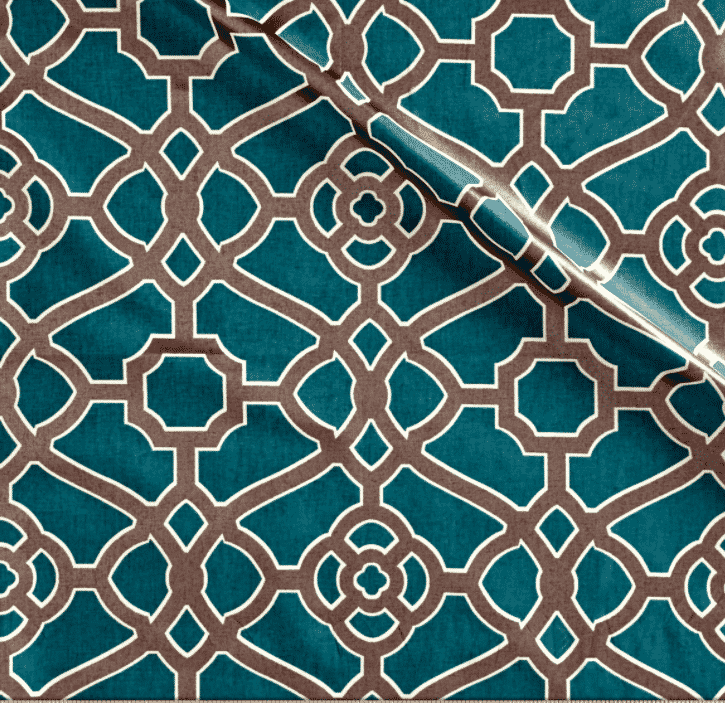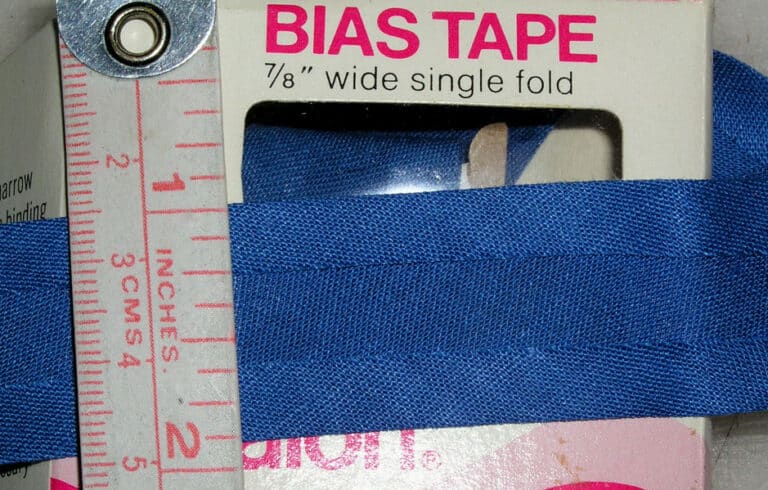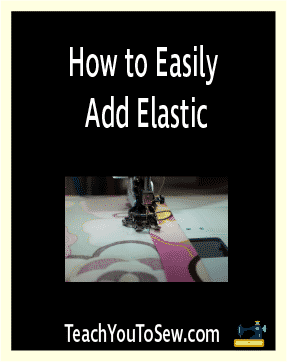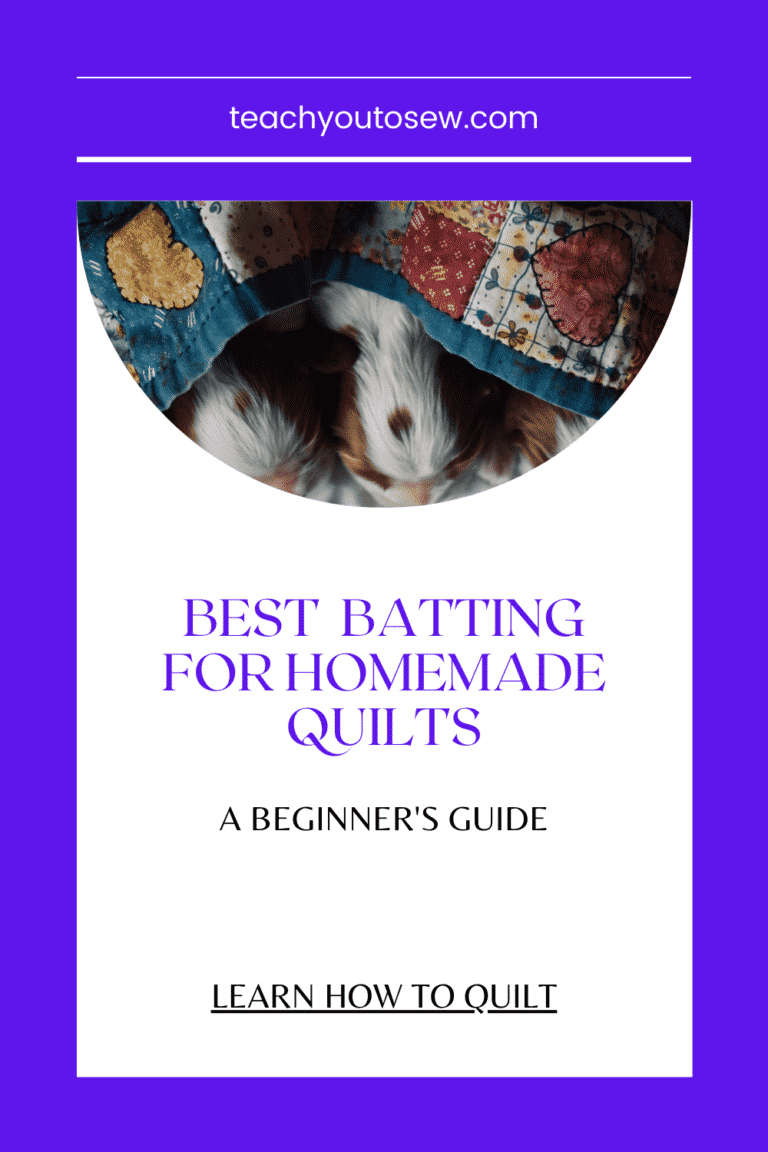Felt Fabric: History, Properties Uses, Care, Where to Buy
Table of Contents
- 1 Introduction to Felt Fabric
- 2 What is the History of Felt Fabric?
- 3 Properties of Felt Fabric
- 4 How is Felt Fabric Made?
- 5 Where is Felt Fabric Made?
- 6 Common uses of Felt Fabric
- 7 How to Care for Felt Fabric?
- 8 Ironing
- 9 Where to Buy Felt Fabric?
- 10 Best Felt Fabrics
- 10.1 1. Flic-Flac 28pcs 12 x 8 inches (30cm x 20cm) 1.4mm Thick Soft Felt Fabric
- 10.2 2. Misscrafts 28pcs 8” x 12 (20cm x 30cm) 1.4mm Thick Soft Felt Nonwoven Fabric Sheet
- 10.3 3. OTR Felt Merino Wool Blend Felt
- 10.4 4. The Felt Store Acrylic Felt
- 10.5 5. The Fabric Exchange Emerald Green Acrylic Craft Felt
- 11 The Best Felt Fabric: A Buyer’s Guide
- 12 Conclusion
Introduction to Felt Fabric
Felt fabric is a type of material made up of fabric strands that have been condensed and forced together in one place. It can be made using blends of the best wool fabrics or other forms of animal fur. However, acrylic and synthetic fibers are now being used to create the material.
Felt is the only fabric made without knitting or weaving. The fabric is heated and then pressured to interlock the fibers to cut out felt according to the apparel. Thus, allowing it to be used for various products and apparel.
What is the History of Felt Fabric?
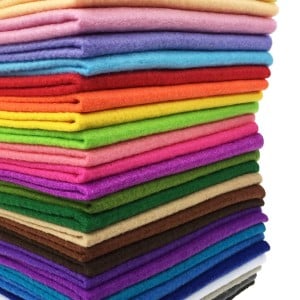
Felt fabrics have been around since 6500 bc, with the fabric being considered one of the oldest fabrics in existence. It is still unclear how the fabric originated. Different cultures have different myths surrounding the origin of this fabric.
In western ideology, the origin of the fabric is linked to Saint James. It is believed that the natural fibers in his sandals turned into felt due to the effects of heat, sweat, and pressure on the fibers. In other cultures, the Sumerians believe that felt was founded by a hero named Uramman.
Such are the many stories and myths surrounding the foundation of felt fabric. It is possible that the origin legends of felt from other cultures are not as vivid. Still, felt-making has played an important part in communities across Europe, Asia, and the Middle East for millennia.
| Topic | Summary |
|---|---|
| History of Felt Fabric | Felt fabric has been around since 6500 BC and has different myths surrounding its origin. It has been used in various cultures for millennia. |
| Properties of Felt Fabric | – Highly absorbent – Wear resistant – Can be compressed – Lightweight and breathable (wool felt) – Sound insulating |
| How is Felt Fabric Made? | Felt fabric is made by combining raw fibers, creating a bundle, and then interlocking the fibers through heat and pressure. |
| Where is Felt Fabric Made? | Most felt fabric is produced in Australia, the largest exporter of wool products, but China is the largest producer of textiles overall. |
| Common uses of Felt Fabric | – Daily wear and clothing – Musical instruments – Arts and crafts – Sewing with felt fabric – Painting and dyeing felt |
| How to Care for Felt Fabric | Washing: Hand wash or delicate machine cycle with wool shampoo, low spin, air dry. Ironing: Low heat, continuous ironing, both sides. |
Properties of Felt Fabric
- Is highly absorbent
- It is worn resistant
- Can be compressed
- Wool felt is lightweight and breathable
- Has sound insulating properties
- Because felt doesn’t lose its physical qualities over time, it’s a great material for polishing.
How is Felt Fabric Made?
Felt fabric is made in several processes. First and foremost, wool and other such raw fibers are harvested from wool-making animals. Next, these fibers are put together into a bundle using a machine. Then, using a carding machine, space is created between these fibers to loosen the group.
Once this is over, a cross lapper is used to combine these groups into a single bundle of webs. Four of these are used in making the batt. The batt is then shrunken by heating it and giving moisture to it.
Finally, once the fabric is thin and near finished, it is passed through an industrial roller to ensure it is symmetrical and has no bumps.
Where is Felt Fabric Made?
Although, China is the largest producer of all textiles in the world. Most of the felt fabric produced mainly comes from Australia, the world’s largest exporter of wool products. The raw sheep’s wool can also be transported to China for finishing.
Common uses of Felt Fabric
Felt fabric is a versatile fabric that has been used for various purposes throughout time.
Daily wear and clothing
According to garment makers, hats and other insulating materials, such as boot linings, are the most common uses for felt today. Felt is thicker and stronger than woven or knitted wool and provides great resistance against cold environments.
Musical Instruments
It is used in musical instruments as a damper. In pianos and drums, it is used to remove unwanted sounds.
Arts and Crafts
Felt is used to frame paintings. A protective coating is put on between the slip mount and the artwork to prevent the painting’s borders from being chipped. This preventative practice is frequently used during artwork restoration or professional framing.
Sewing with Felt Fabric
Felt fabric is difficult to sew on due to its distinct nature, which distinguishes it from other fabrics.
Type of Thread
The sewing thread used for felt should either be a strong polyester or embroidery floss. The thread should be cotton or all-purpose polyester if using a sewing machine. It will be perfect for designing sewing patterns and designs.
Type of needle
The hand sewing needle is needed to work with embroidery floss, and Perle cotton is an embroidery thread. One should use a normal needle for normal sewing and embroidery to work with felt. A 70/10 universal machine needle will be enough for the job if you use a machine.
Cutting the Fabric
The fabric can be cut using embroidery scissors to get clean edges and a neat cut. However, if you want to cut felt shapes like squares and rectangles, you should use a rotary cutter along with a cutting mat for help.
The fabric can be sewn by machine as well as by hand. Using the right set of sewing notions and supplies, you can easily customize the fabric to your choice.
Painting and Dyeing Felt
Felt fabric can be dyed using acrylic paints, allowing various colors. Since the paint is non-toxic and water-based, you can get customized results without hassle. Felt can also be spray painted using the best fabric spray paints like Krylon Colormaxx.
Hence, customized sets of colored felt can be produced to satisfy customer tastes and preferences in fabric.
How to Care for Felt Fabric?
The felt fabric needs to be handled with care; otherwise, the fabric can get damaged.
Washing
- Wash your felt fabric by hand in lukewarm water
- If washing by machine, wash it on a delicate cycle
- Add a wool shampoo and ensure spin is low
- Air-dry it later
Ironing
- Set your shark steam iron to low, wool settings
- Iron the fabric continuously to avoid damaging the fabric
- Do the same for the backside
Where to Buy Felt Fabric?
Felt Fabric can be bought at various fabric and garment shops. Customers can also buy it through online retailers and websites like Fabric.com and Amazon, which have the best-Felt fabric available—ranging from the Felt Store Acrylic Felt to the OTR Felt Merino Wool Blend Felt.
It can be sold in several ways depending on the seller:
- By yard
- By Inches
- Can be cut to order
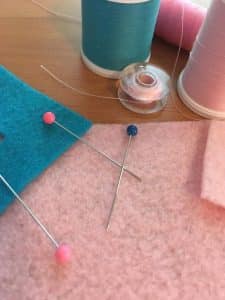
Whatever it is that you are planning on making with felt, there’s no doubt that you want to ensure your creation comes out as beautiful as it possibly can. To do that, you really have to select a premium-quality felt fabric. Unfortunately, however, not all felt materials are the same. A lot are poorly constructed, pill, and just don’t hold up. With so many different options available, how can you tell which felt is the best?
To help you on your quest to find the highest quality felt material, we’ve conducted extensive research. We’ve compared various types of felt materials, inspecting their durability, assessing their construction, and determining how easy each material is to work with. Based on our assessments, we’ve selected what we believe to be the top five best-felt fabric options currently on the market.
Best Felt Fabrics
1. Flic-Flac 28pcs 12 x 8 inches (30cm x 20cm) 1.4mm Thick Soft Felt Fabric

The first option on our list of the best felt fabric is a variety pack of felt that features an assortment of colors. This felt fabric from Flic-Flac comes with 28 pieces of durable felt fabric that I made of a blend of 30 percent wool and 70 percent rayon. It’s super soft and can be used for a variety of projects, from kids crafts to home décor. Since it’s so durable, you can even apply iron-on transfers to the material without worrying about damaging it.
This package features 28 pieces of felt that are 12 x 8 inches in size. Each sheet is a different color, and the hues are quite vibrant. Colors include white, black, gray, blue, pink, green, purple, brown, and red. Since the fabric is non-woven, it’s so easy to cut, fold, glue, staple, and sew. You can even draw or paint on it! If you’re teaching a child how to sew, it’ the perfect material to work on! Use it with a sewing machine for kids and your little seamstress will be able to practice a variety of stitches. Overall, customers who have used this felt material seem very happy with it. Most reviewers say that it’s well-made and easy to work with.
What We Like About It
- Non-woven design for durability
- Made of wool and rayon
- Features 28 different colors
- Versatile and easy to work with
Reasons to Complain
- Some customers said that it was thinner than they hoped it would be
Final Verdict: If you’re looking to make crafts or you are teaching a child how to sew, this felt fabric from Flic-Flac is a great option. It’s well made and features an assortment of 28 different colors.
2. Misscrafts 28pcs 8” x 12 (20cm x 30cm) 1.4mm Thick Soft Felt Nonwoven Fabric Sheet
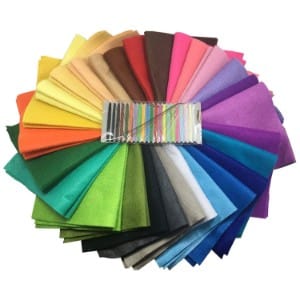
Next up on our list of the best felt fabric is an option that is similar to the previous package of material. This felt, which is made by Misscrafts, also features 28 pieces of felt, and each piece measures 12 x 8 inches in size. It’s also made of a blend of wool and rayon, and there are an assortment of colors, including white, black, royal blue, light blue, dark pink, light pink, yellow, orange, red, and more! And, like the previously mentioned material, it’s non-woven and can be used for various projects, such as crafts, costumes, decorations, flannel boards, and more. The only real difference between the two materials is the price: this package of felt is a few cents cheaper than the first option.
According to the reviews that we read on Amazon, most of the customers who have purchased this fabric are very pleased with it. Users say that it’s well made and very easy to work with. However, there were some complaints about the finish; some customers pointed out that it has a sheen to it, which they weren’t too keen on.
What We Like About It
- Well made
- Features 28 sheets of felt in a wide variety of color
- Easy to work with
- Durable
- Affordable
Reasons to Complain
- As mentioned, some customers said that it has a sheen to it, so keep this in mind before purchasing
Final Verdict: This nonwoven felt fabric from Misscrafts is a must-have for your craft room or sewing room. It feature an assortment of well-made felt sheets that can be used in so many different ways at an affordable price.
3. OTR Felt Merino Wool Blend Felt
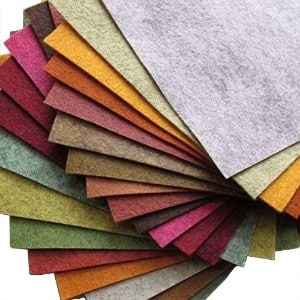
If you’re looking for felt that’s extremely durable and has more of a natural color, than this package from OTR is a fantastic choice. It features 21 sheets of Merino wool blended felt. Each felt sheet measures 6” x 12” and the thickness of each sheet is approximately 2mm.
The colors featured in this package of felt material are fall hues, such as burnt orange, rust, maroon, and heather gray, giving the material a more natural look. You can use it as a backing for quilting fabric, to make kids craft projects, for hair bows, or as liner for custom-made drapery. Honestly, there are so many different ways that you can use this felt material. The fabric is cut by hand and packaged in Tennessee, so you be sure that you are getting a well-constructed American-made product. Customers who have bought this material are overwhelmingly pleased with it. In fact, there weren’t any complaints about it!
What We Like About It
- Made of a Merino wool blend
- Comes with 21 sheets of felt
- Features an assortment of beautiful fall colors
- Well constructed
- Easy to work with
- Can be used for a variety of projects
- Made in the USA
Reasons to Complain
There aren’t any! All customer reviews were positive, and we concur! This really is an outstanding material!
4. The Felt Store Acrylic Felt
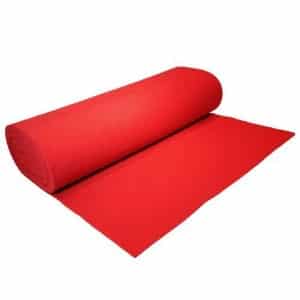
If you’re planning on making a project that requires a bit more felt than the squares of fabric that the three previous options offer, than this material from The Felt Store should suit your needs. It’s 2 yards and the width is 72 inches, so you will have plenty of material to work with for whatever it is that you are making. It’s also available in a wide range of solid colors, including neon yellow, white, Kelly green, flesh, black, Hunter green, orange, red, royal blue, and tan.
This felt fabric is made of 100 percent acrylic, which makes it extremely durable and very easy to work with. You shouldn’t have any problems cutting, folding, gluing, sewing, or ironing it. Customers who have purchased this material said that they used it for a variety of purposes, such as a cover for gaming table, bulletin boards, felt boards, draperies, liners for clothing, and more. Reviews indicate that it is very thick and opaque. However, do note that because it is acrylic, it does have a bit of a sheen to it.
What We Like About It
- 2 yards long and 72 inches wide
- Comes in a variety of colors
- One continuous length of fabric
- Thick and durable
- Easy to work with
Reasons to Complain
- Some customers said that they had some issues with shedding
Final Verdict: For projects that require a good bit of felt, or if you just want to make sure that you have plenty of the same color available, The Felt Store’s Acrylic Felt is a great choice. Measuring 72 inches wide and 2 yards long, you’ll have plenty of fabric to create whatever it is that you plan on making; plus, it’s so durable and easy to work with!
5. The Fabric Exchange Emerald Green Acrylic Craft Felt
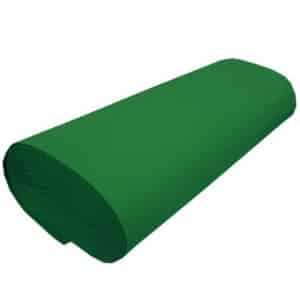
The last option on our list of the best felt fabric is material that come from The Fabric Exchange; a very highly regarded manufacturer that makes various types of materials. If you’re in need of a good bit of felt in a beautiful emerald green color, than this material will definitely suit your needs. It’s great for covering card tables, making costumes, creating crafts, making home décor, or as the backdrop for bulletin boards or felt boards.
This felt fabric measures 72 inches wide by 1 yard long, and it’s 1/16” thick. The material is cut in one continuous piece, so you can cut it to the specific size that your project require. It’s very well constructed, sturdy, and soft. You should have no problems cutting, stapling. gluing, sewing, or ironing this material. Based on the reviews that we read, the majority of customers who purchased this felt were very happy with it. Many people stated that it was exactly what they were looking for and that it met their needs. Do note, however, that because it is acrylic, it does have a bit of a sheen.
What We Like About It
- Made of 100 percent acrylic
- Very durable
- Easy to work with
- 1 yard of continuous fabric
- Great price
- Vibrant color
Reasons to Complain
- Some customers said that they had some issue with pilling
Final Verdict: If you need a long length of emerald green felt, than this material from the Fabric Exchange should meet your needs. It’s 1 yard long, 72 inches wide, and 1/16” thick; it’s made of 100 percent durable acrylic, and the color is quite vibrant.
The Best Felt Fabric: A Buyer’s Guide
Seamstresses of all levels – from those who are just learning how to sew a straight line with some sewing help books to those who are truly masters behind a sewing machine – need to make sure that they are well-prepared and have all of the sewing essentials that they need on hand before they dive in and start working on whatever projects they intend to create. Some of the item that you’ll want to have in your sewing room include the following:
- A well-designed sewing desk
- A comfortable sewing chair
- A well-written and concise sewing dictionary or sewing book (or a few)
- Useful sewing tools
- A collection of hand sewing needles in assorted sizes
- Threads of various strengths and colors
Having all of these items on-hand will allow you to make your creations without having to worry about scrambling around to find what you need in the middle of a project. Plus, you’ll be able to craft whenever inspiration strikes.
There’s something else that you’re going to make sure you have a nice collection of: an assortment of sewing fabric. After all, if you don’t have material, you can’t really sew anything! Walk into any craft or sewing supply store and you’ll find that there’s a overwhelmingly wide range of fabrics to choose from; muslin, linen, organza and chiffon, denim and chambray, silk, satin, lace, and knit fabrics are just some of the different options that are available. While all of these materials are useful, there’s one type of fabric that you definitely want to have a nice stock of: felt fabric.
Now that you’ve read through the reviews of our selection for the best felt fabrics, we’d like to share a bit more information about the material. If you’re new to crafting and have never worked with felt before – or even if you have been using it for a while, but just don’t know much about felt – having some background info about the fabric you are working with can be extremely helpful.
In the buyer’s guide section of our review, we’ll give you an overview of felt fabric, explain different ways that this material can be used, and discuss why every seamstress and crafter should have a nice collection of felt in their arsenal of supplies.
What is Felt Fabric?
Felt is a nonwoven textile material. Unlike most other fabrics, which are created by weaving together fibers, felt is made by compressing and matting the fibers that it is made out of together until the combine to form a solid piece of sturdy material.
Felt fabric can be made from a various types of natural fibers, including wool and fur; or, it can be made of manmade fibers, such as rayon and acrylic. It’s also not uncommon for a combination of fibers to be used to create felt. Felt has been in use for centuries; in fact, it is the oldest textile known to humans, and many different cultures have legends about the creation of the material. While some cultures do still practice traditional methods of felt making, the majority of felt fabrics that are used today are mass produced.
Types of Felt
As mentioned, felt can be made out of different types of natural and synthetic fibers. Some of the most common types of felt include:
- This type of felt is made from 100 percent sheep’s wool fibers, creating a sturdy, dense, warm, and soft material. It can be purchased by the yard, in one continuous piece of fabric, or it can be hand-cut into smaller sheets. Wool felt is ideal for applications where strength and durability are important, such as apparel or handbags.
- Craft felt. This type of felt is usually made of 100 percent synthetic fibers, such as acrylic, polyester, rayon, or a blend of these materials. It’s usually sold in pre-cut squares; however, you can find it by the yard, too. It’s available in a variety of colors and styles, and as the name suggests, it’s best used for craft projects.
- Eco-friendly felt. For those who are looking to reduce their carbon footprint, now there are eco-friendly felt available. These fabrics are made of polyester fiber that has been made out of 100 percent recycled plastic. It looks and feels similar to craft felt; however, it is a bit stiffer. Like craft felt, it’s also available in a variety of colors and patterns.
Uses for Felt
One of the reasons why felt is so appealing is because of its versatility. If you’re wondering what type of projects you can make with this durable, colorful, easy to work with, and relatively inexpensive material, here’s a look at some suggestions:
- Hair bows
- Felt storytelling boards
- Bulletin board backgrounds
- Table liners (think pool tables and card tables)
- Pillow covers
- Backing for upholstery and curtains
- Place mats
- Pencil cases
- Kids crafts
- Bunting and banners
- Finger puppets
- Fabric books for children
- Lining for coats, jackets, shirts, and various other types of apparel
- Tote bags
- Wall hangings
- Mobiles
- Bookmarks
- Manipulatives for teaching
- Dolls
- Doll clothing
- Soft costume masks
- Ornaments
- Protective cover for electronics
These are just some of the different ways that you can use felt fabric. Honestly, there are so many different things that can be made out of this material that the only thing that will limit you is your mind! So go ahead and stock up a nice collection of durable felt material and let your creativity take over! You won’t believe how many awesome thins you can make out of felt!
Sources:
Conclusion
Felt fabric has been around for decades and has sustained its use.
Sources
